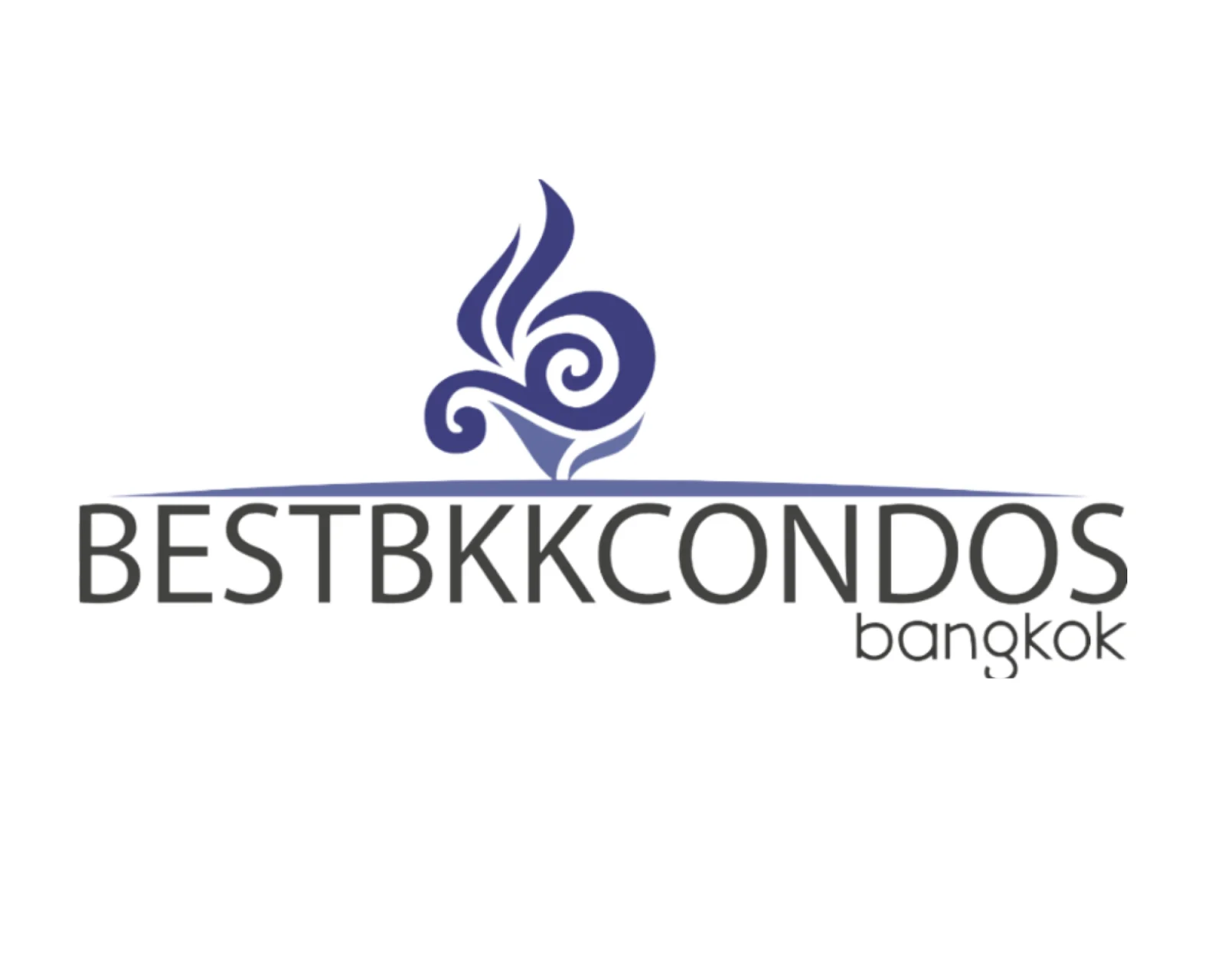Excited about the idea of owning your slice of paradise in Thailand? Let’s explore the thrilling journey ahead, filled with unique opportunities and a few challenges along the way. This overview clarifies foreign ownership rules, detailing the restrictions you might face and exploring the types of properties available, such as condos and villas.
Let’s dive into the amazing benefits and potential challenges of making Thailand your home through property ownership.
Key Takeaways:
- Foreigners can own condos and villas in Thailand, but land ownership has restrictions.
- Understanding legal processes is crucial for purchasing property in Thailand.
- Owning property offers financial and lifestyle benefits, but awareness of potential risks is vital.
Unlocking Foreign Ownership Rules in Thailand
Understanding the foreign ownership rules in Thailand is essential for expatriates interested in investing in the Thai property market. Over the years, I have noted how regulations have evolved to accommodate foreigners looking to buy or lease property, particularly in popular destinations like Bangkok, Pattaya, and Phuket.
The framework for foreign ownership largely depends on legal arrangements that determine the percentage of property that can be owned by non-Thais, often utilizing mechanisms such as leasehold agreements or setting up a Thai company.
Grasping these rules is essential for successfully navigating property investment in Thailand, ensuring compliance with the Foreign Business Act and maximizing your investment opportunities.
For comprehensive insights into Thailand’s property ownership regulations for foreigners, refer to the official guidelines provided by the Thai government
Explanation of Restrictions for Foreigners
Navigating foreign ownership restrictions in Thailand is straightforward once you understand the legal framework in place. This includes limitations on land ownership and specific stipulations outlined in the Foreign Business Act.
As a foreigner, I am aware that I cannot directly own land. However, I can invest in condominium units, as long as foreign ownership does not exceed 49% of the total units in a building. This creates a complex environment for potential investors, who often rely on leasehold agreements to navigate these limitations effectively.
Imagine sipping coffee on your balcony, overlooking the bustling streets of Bangkok. To make that dream a reality, knowing foreign ownership regulations is key. A leasehold arrangement allows me to occupy land for a specified period, typically up to 30 years, with the option to renew. Additionally, collaborating with Thai citizens is essential for facilitating property purchases, as local partners can assist in structuring compliant deals, thereby mitigating the risks associated with non-compliance.
Types of Properties Available for Foreign Ownership
Ready to unlock a world of diverse property options in Thailand? Let’s discover what’s available for you! In Thailand, there is a diverse range of property types available for foreign ownership, presenting significant opportunities for expatriates and investors seeking residence or investment options.
The most common choices include condominiums, which are particularly attractive due to their favorable status under foreign ownership laws. Additionally, there are various villas and houses that can function as rental properties or long-term residences.
Each property type offers its own distinct advantages and potential rental yields, making it crucial for prospective buyers to carefully evaluate their preferences and investment objectives.
To learn more about property ownership options for foreigners in Thailand, please refer to the following resources.
Exploring property ownership in Bangkok? Learn the ins and outs of making a successful investment in Thailand’s bustling capital, from navigating legal requirements to identifying the best neighborhoods for foreign buyers.

Condos, Villas, and Other Options
When exploring property investment options in Thailand, condominiums and villas consistently emerge as popular choices for foreigners seeking to secure real estate.
Condominiums particularly attract attention due to their prime locations, often found near vibrant city centers or picturesque beaches. They offer a variety of amenities, such as swimming pools, fitness centers, and 24-hour security, which not only enhance the living experience but also appeal to potential renters.
The demand for rental properties in these sought-after areas can yield substantial returns, making condominiums an enticing option.
Conversely, owning a villa presents unique advantages, including increased privacy and more spacious living environments, ideal for comfortable family living or leisure activities.
Villas located in desirable locales often command higher rental prices, contributing to attractive long-term income potential.
By observing current market trends, we recognize that both condominiums and villas can serve as solid investments for those looking to navigate the evolving Thai real estate landscape.

Legal Considerations for Foreign Property Ownership
Ready to dive into the exciting world of Thai real estate? Contact us today, and let’s find the key to your perfect property together!
Considering investing in real estate in Thailand? Understanding the legal landscape for foreign ownership is your first step to success. It underscores the importance of establishing proper legal arrangements and documentation.
This process requires a solid grasp of legal frameworks. Think leasehold agreements and potentially forming a Thai Limited Company for navigating foreign ownership laws.
Furthermore, imagine standing in your new Thai home, knowing you’ve got all the right papers—like title deeds and contracts—to protect your investment. Obtaining these essential documents is vital for ensuring clarity and protection for both buyers and sellers in any property transaction.
Ready to secure your property in Bangkok? Ensure you’re equipped with all the essential documents and paperwork to make your property purchase smooth and stress-free.”
Important Documents and Processes
Understanding key documents and processes is essential for foreign buyers when purchasing property in Thailand. This knowledge helps ensure compliance with local laws and protects your investment.
- Property Agreements
- Title Deeds
- Identification Papers
Each of these plays a significant role in the transaction process, serving not only as proof of ownership but also as important legal safeguards. It’s essential to ensure these documents comply with local regulations, verifying them with authorities to avoid pitfalls.
By diligently navigating these requirements, you can streamline your property transactions and minimize potential legal complications.
How to Purchase Property as a Foreigner in Thailand
Ready to dive into the exciting world of property ownership in Thailand? Let’s explore the essential steps to make your dream a reality.
Purchasing property as a foreigner necessitates a comprehensive understanding of the buying process, including essential legal arrangements and compliance with local regulations. Focus on both condominiums and other property types, and recognize the importance of navigating various stages such as securing financing, understanding foreign ownership restrictions, and ensuring the integrity of legal documentation.

Step-by-Step Guide
Here’s your roadmap to successful property investment in Thailand: identify your ideal property type, engage with expert agents, negotiate prices confidently, and finalize legal documents with care. By meticulously following these steps, you can confidently invest in Thailand’s vibrant real estate market and enjoy the benefits of property ownership.
Benefits of Owning Property in Thailand as a Foreigner
Imagine waking up to Thailand’s stunning sunrises, knowing your investment is not just a property, but a gateway to a vibrant lifestyle and community. Owning property in Thailand presents numerous advantages for foreigners, making it an appealing option for individuals seeking long-term residency or investment opportunities.
Along with the intrinsic value of real estate, you have the opportunity to benefit from favorable rental yields and the potential for residency through ownership. Furthermore, dreaming of an effortless lifestyle in Thailand? The Thailand Elite Visa can enhance your experience, making your investment journey even more rewarding.
Financial and Lifestyle Advantages
Investing in Thailand isn’t just about financial returns. It’s about enjoying a lifestyle filled with breathtaking beaches, rich culture, and a warm community. The potential for substantial rental yields and impressive capital appreciation makes these investments particularly attractive to discerning investors.
Living in Thailand allows you to immerse yourself in the warm community atmosphere, engaging with local culture through festivals, cuisine, and traditions. For expatriates seeking a combination of profitable investments and rewarding living conditions, this destination truly represents an exceptional opportunity.
Potential Risks and Challenges for Foreign Property Owners
Thinking about diving into the Thai real estate market? It’s crucial to understand the potential risks that come with it. While the real estate market in Thailand offers great potential, it’s essential to navigate local laws and foreign ownership restrictions to avoid complications. This includes navigating local laws and foreign ownership restrictions, which presents complications stemming from regulatory changes, cultural differences, and regional variations in property rights.
By being aware of these challenges, you can take proactive measures to mitigate risks and ensure a successful property investment experience.
Understanding Local Laws and Culture
Understanding local laws and culture is crucial for any foreign property owner looking to thrive in Thailand, as it directly impacts your investment experience. Navigating Thailand’s unique legal landscape may feel daunting, but with the right knowledge, you can confidently protect your investments. Navigating the complexities of the Thai legal system is crucial since property ownership regulations differ significantly from those in your home country. Becoming familiar with these laws allows you to avoid potential pitfalls and ensures compliance, thereby safeguarding your investments.
Consider these cultural nuances:
- Building relationships is key—imagine getting to know your neighbors and feeling truly at home in your new community.
- Understanding local customs can enhance interactions.
- Learning a few Thai phrases goes a long way.
To effectively integrate into the community, engage with local organizations, learn basic Thai phrases, and participate in cultural events, all of which foster goodwill and help you establish valuable connections. By prioritizing these practices, you can enhance your overall experience and solidify your presence within the vibrant Thai community.
Tips for Finding the Right Property in Thailand
Ready to find your dream property in Thailand? It’s all about careful consideration and strategic planning, particularly for foreigners navigating the local real estate market. Focus on essential aspects such as understanding the different property types available, assessing potential rental yields, and utilizing reliable resources to identify locations that align with your lifestyle and investment objectives.
Additionally, leveraging local expertise can greatly enhance your property search experience and facilitate more knowledge-based decision making. From luxurious beachfront villas to cozy city apartments, Thailand’s property market has something for everyone, so explore what fits your lifestyle.
Factors to Consider and Resources Available
When searching for property in Thailand, a range of factors must be considered to ensure a successful investment in the real estate market. Location is paramount; popular areas such as Bangkok, Phuket, and Chiang Mai each offer unique benefits and lifestyle opportunities. Understand that the price range can vary significantly based on these locations, as well as the types of properties available, from luxurious beachfront villas to more affordable city apartments.
Amenities also play a crucial role in your decision-making process. Features like swimming pools, modern kitchens, and proximity to schools or transportation can greatly enhance both the living experience and the potential for rental yields.
Utilizing valuable resources such as online listings, established real estate agencies, and active expatriate communities can significantly streamline your property search. Engage with local real estate experts and communities—they can provide invaluable insights and help you make informed decisions.
Frequently Asked Questions
Curious about foreign ownership rules in Thailand? Let’s break down what you need to know!
Foreigners are generally not allowed to own land in Thailand, but they can own buildings and condominium units, subject to certain restrictions and conditions.
Can foreigners own land in Thailand?
No, according to Thai law, foreigners are not allowed to own land in Thailand. However, there are some exceptions for certain types of properties.
What types of properties can foreigners own in Thailand?
Foreigners can own buildings and condominium units in Thailand. They can also own land through a leasehold agreement for up to 30 years.
Are there any restrictions on foreign ownership of properties in Thailand?
Yes, there are restrictions on the number of units that a foreigner can own in a condominium building, and the total land area that foreigners can own in a project must not exceed 49%.
What is the process for purchasing property in Thailand as a foreigner?
Foreigners must obtain a foreign ownership quota from the relevant government agencies and have a signed leasehold agreement or condominium unit ownership certificate before completing the purchase process.
Are there any legal requirements for foreigners buying property in Thailand?
Yes, foreigners must provide proof of funds for the purchase and obtain approval from the Board of Investment for certain types of properties. It is also recommended to seek legal advice from a reputable firm before making a purchase.



